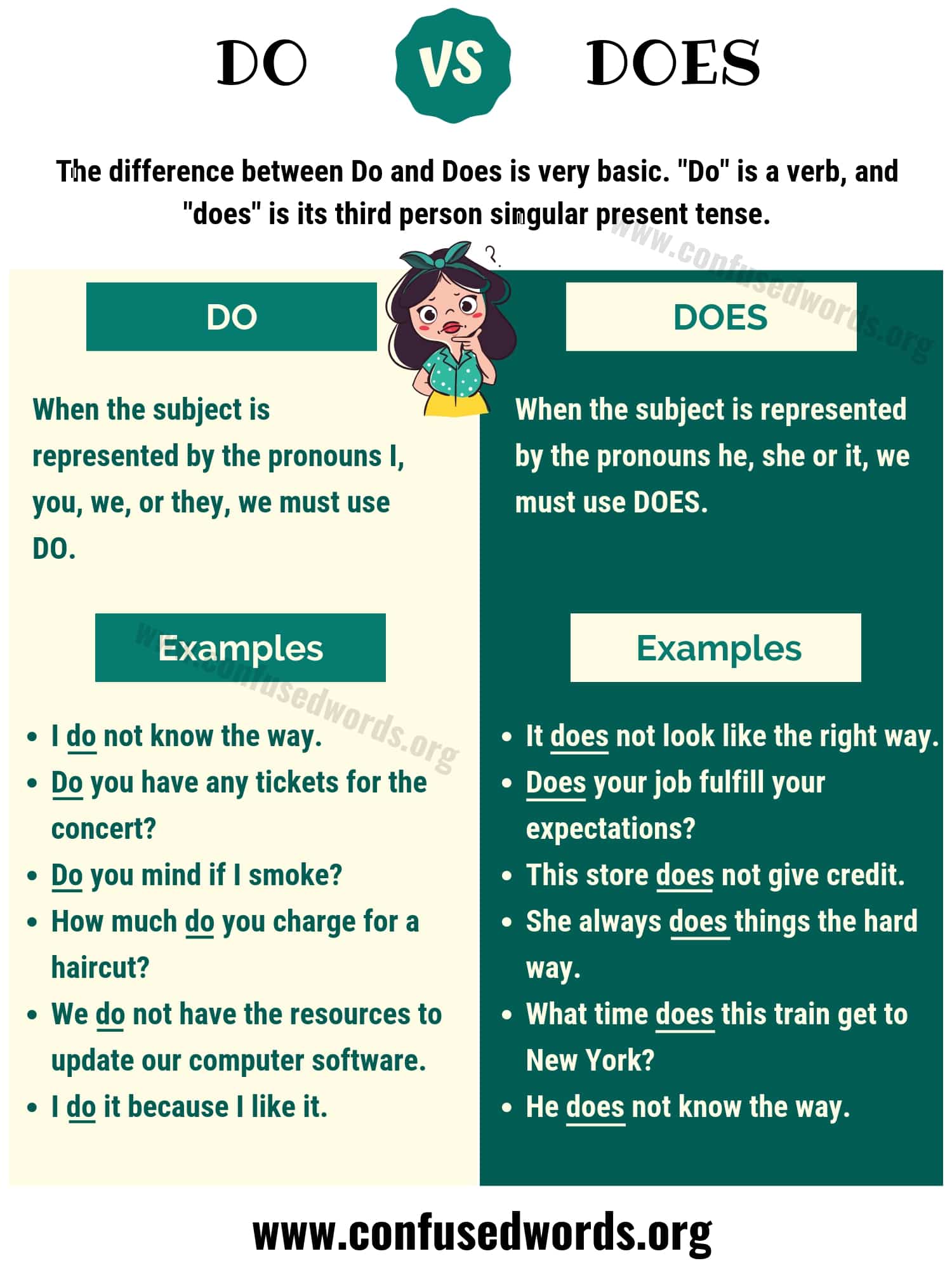Does MCT Wellness Break a Fast? What You Need to Know for Intermittent Fasting Success
Understanding Fasting: The Basics
Fasting has become a popular approach for weight management, metabolic health, and mental clarity. At its core, fasting involves abstaining from all or certain foods and drinks for a set period. The primary aim is to allow the body to tap into stored energy (fat), reduce insulin levels, and promote cellular repair. Many people practice intermittent fasting, which restricts eating to specific windows, such as 16 hours fasting and 8 hours eating. The health benefits of fasting include improved blood sugar control, enhanced fat burning, and potential longevity effects. However, the question often arises: does consuming certain supplements-like MCT wellness products-break a fast and reduce its benefits?
What Are MCTs and MCT Wellness Products?
MCT
stands for
medium-chain triglycerides
, a type of fat found in coconut oil, palm oil, and certain dairy products. MCT wellness products, such as MCT oil, are purified sources of these fats, often used to boost energy and cognitive function. Unlike long-chain fats, MCTs are rapidly absorbed and converted into ketones, which the body can use as an efficient energy source, particularly during periods of low carbohydrate intake. MCT oils are commonly added to coffee, smoothies, or taken on their own, especially by those following ketogenic or intermittent fasting regimens.
Does MCT Wellness Break a Fast? The Scientific Consensus
The answer depends on how you define ‘breaking a fast.’ From a strict, zero-calorie perspective, any caloric intake technically breaks a fast . MCT oil contains calories-about 115 calories per tablespoon-so by that definition, it breaks a fast [1] . However, the metabolic impact of MCTs is nuanced:
- MCTs do not significantly raise insulin when consumed alone, so they may not disrupt the metabolic benefits of fasting, such as fat burning and ketosis [4] .
- Studies show that MCTs are quickly converted to ketones , which can help fuel the brain and body during fasting without notable blood sugar spikes [3] .
- Some fasting protocols permit minimal-calorie intake from fats like MCT oil, as long as it does not trigger an insulin response or halt autophagy (cellular cleanup) [2] .
As a result, many experts and practitioners consider small amounts of MCT oil acceptable during a fast , especially if your primary goal is metabolic health, mental clarity, or appetite control, rather than strict calorie abstinence [5] .
Benefits of Using MCT Wellness During Fasting
Incorporating MCT oil into your fasting routine can offer several advantages, especially for those seeking sustainable fasting practices:
- Appetite Control : MCT oil helps curb hunger by promoting satiety, making it easier to extend fasting periods and reducing the risk of overeating when the eating window opens [1] .
- Energy Boost : Because MCTs are rapidly converted to ketones, they deliver quick, clean energy to the brain and muscles, combating fatigue during fasting [2] .
- Mental Clarity : Higher ketone levels from MCT oil can support focus and cognitive performance, a benefit reported by many intermittent fasting enthusiasts [2] .
- Support for Ketosis : For those following ketogenic diets, MCT oil can help maintain and deepen ketosis during fasting, amplifying fat-burning effects [3] .
How to Use MCT Wellness Products During a Fast: Step-by-Step Guidance
If you wish to incorporate MCT oil or similar products into your fasting routine, consider the following practical steps:
- Start with Small Doses : Begin with 1 teaspoon (about 5 mL) of MCT oil at a time, as higher doses may cause digestive discomfort. Gradually increase to 1-2 tablespoons as tolerated.
- Time Your Intake : For optimal appetite control and energy, consume MCT oil in the morning or mid-fast, especially if you feel hunger or low energy.
- Avoid Adding Carbohydrates : Combining MCT oil with sugar or carbohydrate-rich foods can raise insulin and blood sugar, potentially negating fasting benefits [4] .
- Monitor Your Response : Keep track of how your body responds in terms of energy, hunger, and digestive comfort. Use fasting tracking tools or apps to log your intake and symptoms.
- Consult Your Healthcare Provider : If you have underlying health conditions, are pregnant, or take medications, discuss MCT supplementation with your doctor before starting.
For those interested in more structured fasting protocols or seeking professional guidance, you can search for ‘intermittent fasting nutritionist’ or contact registered dietitians through reputable healthcare directories. Consider discussing your fasting goals and any supplements you plan to use, including MCT oil.
Challenges and Solutions When Using MCT Wellness During Fasting
While MCT oil is generally well-tolerated, some individuals may experience digestive side effects such as stomach upset, diarrhea, or cramping-especially at higher doses or when taken on an empty stomach. To minimize these issues:
- Introduce gradually : Start with the smallest dose and increase slowly.
- Take with beverages : Mix MCT oil into coffee or tea rather than consuming it straight, which may ease digestion.
- Monitor tolerance : If discomfort persists, reduce the dose or try a different MCT product formulation.
Some individuals may also find that MCT oil increases their caloric intake, potentially interfering with weight loss goals if not tracked. Using food tracking tools or fasting apps can help you monitor overall intake and stay within your desired calorie range. If you find that MCT oil disrupts your intended fasting protocol or weight loss, consider reserving its use for your eating window.
Alternative Approaches and Considerations
Those who prefer a strict fasting protocol may choose to avoid all caloric intake-including MCT oil-during their fast. If your primary goal is autophagy (cellular cleaning) or religious fasting, abstaining from MCT products may be preferable. For others, especially those using fasting for metabolic flexibility, mental performance, or sustainable lifestyle changes, MCT oil can be a practical tool to enhance adherence and comfort during fasting.
Other non-caloric aids for fasting include black coffee, herbal teas, and water. If you are seeking additional support, consider researching fasting-friendly supplements and consulting registered dietitians who specialize in fasting and metabolic health.

Source: tanasi.com
Key Takeaways and Next Steps
To summarize, MCT wellness products technically break a fast due to their caloric content , but they do not typically disrupt the metabolic or cognitive benefits of fasting and may, in fact, enhance them for many individuals. Their use is widely accepted in many intermittent fasting circles, provided intake is kept moderate and not combined with carbohydrates.

Source: simple.life
If you decide to use MCT oil during fasting, follow the step-by-step approach outlined above, monitor your body’s response, and adjust as needed. For more support, connect with a healthcare provider or registered nutritionist who can provide personalized recommendations based on your health goals and fasting protocol.
References
- [1] January.ai (2024). Does MCT Oil Break a Fast? Key Takeaways and Insights.
- [2] Dr. Berg (2025). Does MCT Oil Break a Fast? Clear Answer Inside.
- [3] Melrose Health (2023). Will Consuming MCT Oil ‘Break’ My Fasting?
- [4] Fastic (2024). Can MCT Oil Break a Fast? Can You Have MCTs During Fasting?
- [5] Simple.life (2024). Does MCT oil break a fast? – Explained by Simple.
MORE FROM 9scholarships.de













